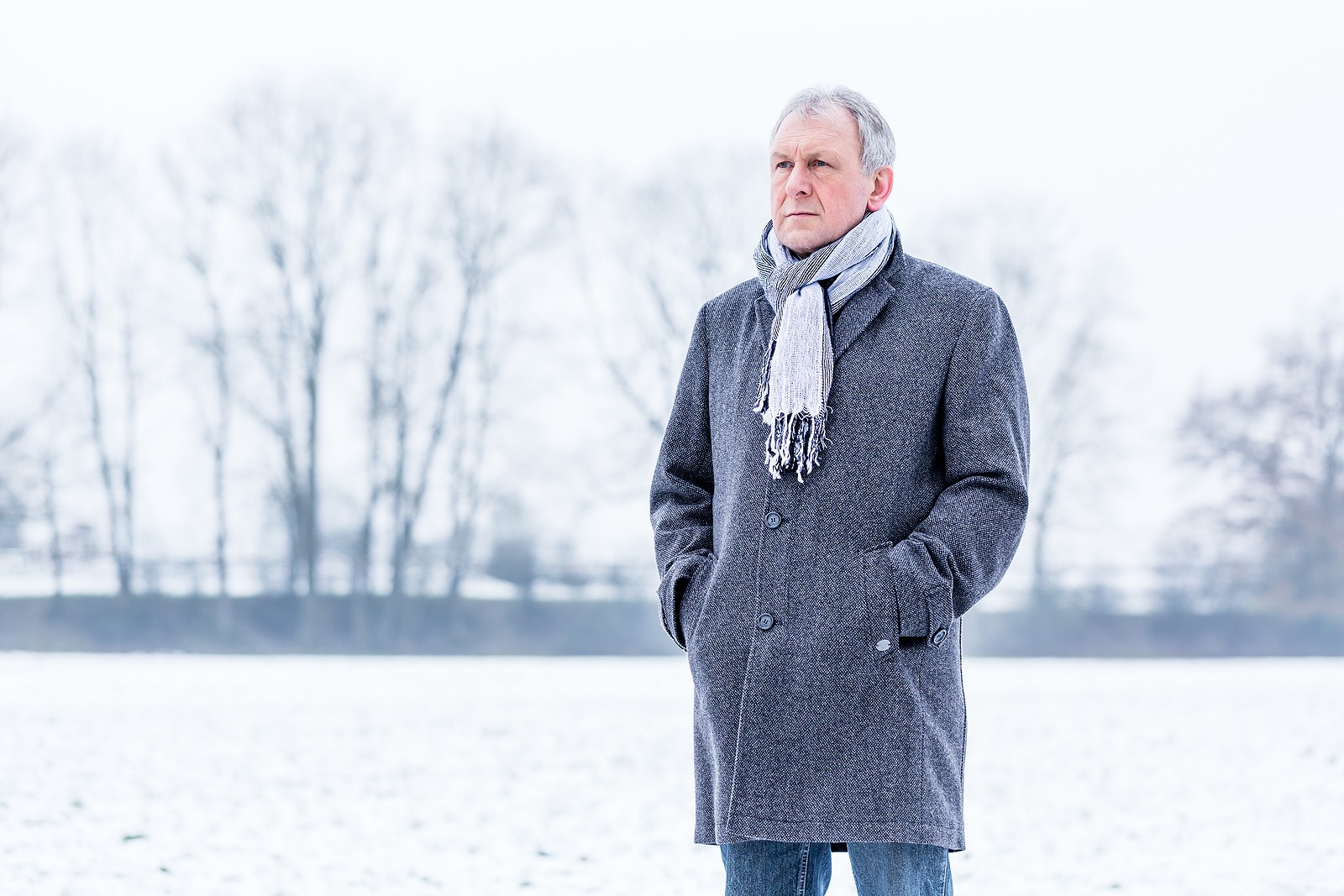November 2, 2021

Short, dreary days and long, cold nights are hallmarks of late fall, winter and early spring for most U.S. states. And months of that kind of weather can take a physical and mental toll on older adults in general. But the actual change of seasons themselves, especially as fall changes to winter, can have a particularly negative effect on people with dementia.
Researchers are beginning to better understand how seasons affect people with dementia, with one study showing that memory and attention are negatively affected with the onset of both spring and winter.
Another study of 3,400 older adults revealed that average cognitive functioning was better during summer and fall than during winter and spring. The difference was calculated to be the equivalent of 4.8 years of normal cognitive decline. In other words, the performance of people given memory and thinking tests in the summer and autumn would be equivalent to those 4.8 years younger than when tested in spring and winter.
There’s actually an emerging term used to describe this: seasonal sundowning. It’s connected with Sundown Syndrome, which can be very common regardless of the time of year.
Sundowning itself isn’t a disease; rather, it’s a set of symptoms that occur at a specific time of day and affect people with dementia, such as Alzheimer’s disease. Symptoms of sundowner’s syndrome include:
Researchers aren’t exactly sure why sundowner’s syndrome happens, but one contributing factor of it could be the disruption of the body’s internal clock. Increased shadows and low lighting are also thought to be factors.
Perhaps it’s no surprise, then, that as fall eases into winter, the effects and symptoms of sundowner’s syndrome become more pronounced, which is where the term “seasonal sundowner’s” comes from.
To understand how seasons affect people with dementia, think of how you feel each fall as the days get shorter. You may find yourself feeling irritated or more tired than usual, perhaps even a bit depressed. Every autumn most Americans “fall back,” turning their clocks back one hour to accommodate Daylight Saving Time. And for people with dementia, that loss of one hour of sunlight can significantly disrupt their natural circadian rhythm.
If you’re a caregiver for someone with dementia, you might notice a worsening of symptoms in the late afternoon hours, which is about the same time you may be feeling more tired or irritated, too. Even though you may not express out loud how you’re feeling, your loved one may be able to sense your nonverbal cues — which can worsen their sundowner’s as well.
We mentioned that an upset in the circadian rhythm, causing a biological mix-up between day and night, can bring on or worsen symptoms of sundowner’s syndrome. Other possible contributing factors include:
But the good news is there are ways to help with sundowning. If you’re a caregiver, talk with your loved one’s doctor about which strategies might work best.
Caring for someone with dementia can be emotionally and physically difficult. At some point, it may be time to consider choosing a memory care community. Experienced, compassionate, and highly trained professionals at a memory care community like those operated by Franciscan Ministries can help your loved one at every stage of their dementia journey.
If you’re looking for a memory care community that’s right for your loved one, we’re here to assist you. Find a community near you or contact us today.